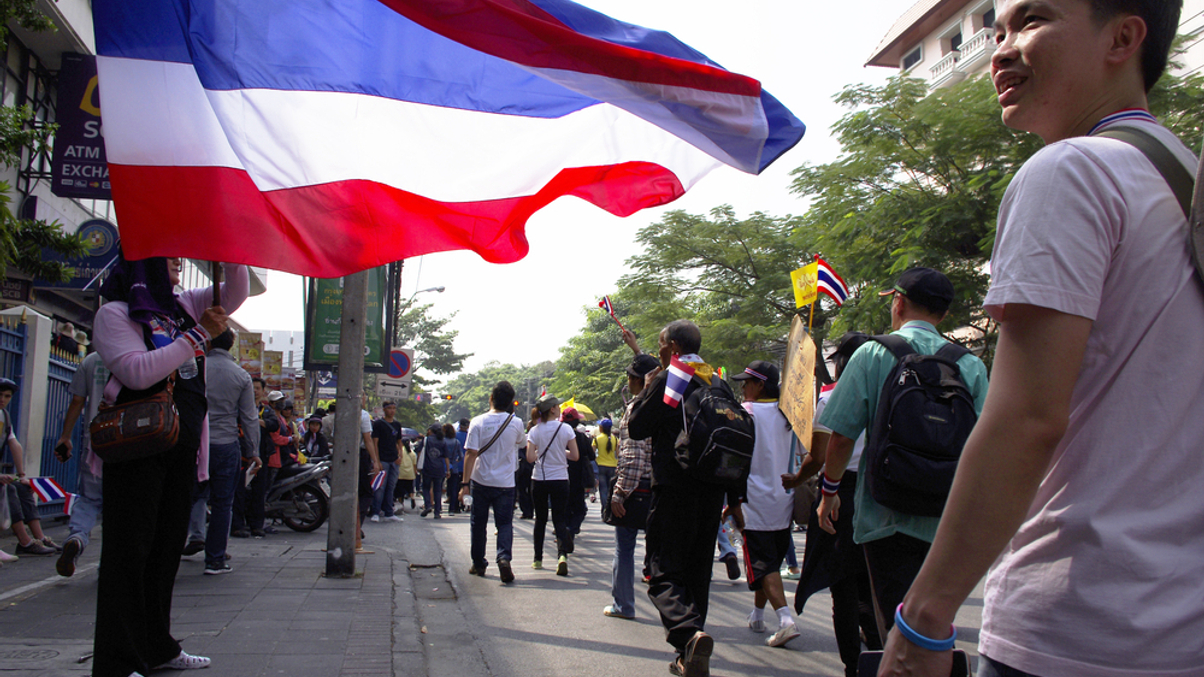Emerging markets gain short interest amid sell-off
Tapering has sparked both sell-offs and shorts among emerging market assets, with volatility expected to continue throughout the year.

Amid a broad sell-off in emerging markets, certain pockets have garnered short-selling interest as hedge funds and other opportunistic managers eye opportunities from the EM rout.
Sign in to read on!
Registered users get 2 free articles in 30 days.
Subscribers have full unlimited access to AsianInvestor
Not signed up? New users get 2 free articles per month, plus a 7-day unlimited free trial.
¬ Haymarket Media Limited. All rights reserved.


